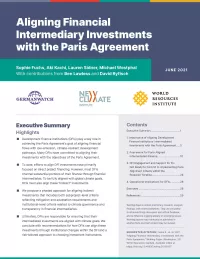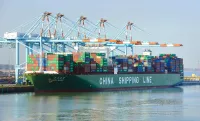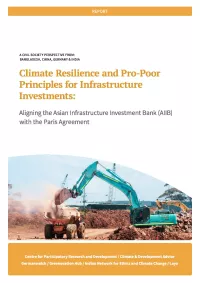
Journalisten

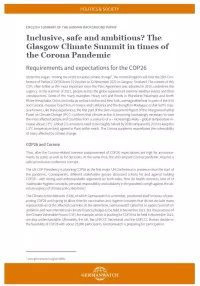
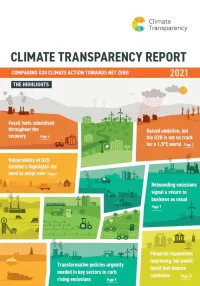
The G20 countries have a special role to combat climate change - they are responsible for a majority of global emissions. This year’s Climate Transparency Report shows that the efforts of the G20 countries are currently insufficient to limit climate change to the 1.5°C agreed in the Paris Agreement. After a short period of decline, due to the COVID-19 pandemic, emissions are rebounding across the G20. However, a positive development is that the expansion of Renewable Energy capacities are rising.
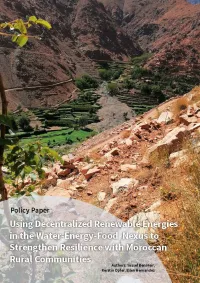
This policy brief introduces the connection and interdependencies of water, energy, and food (WEF) in Morocco. It gives advice on how to achieve socioeconomic and environmental goals through coordinated management of natural resources across sectors. A special focus lies on the role of women in the WEF nexus. Looking at the WEF challenges from a nexus perspective sheds light on the wider implications of sectoral interventions and helps to identify holistic management strategies.
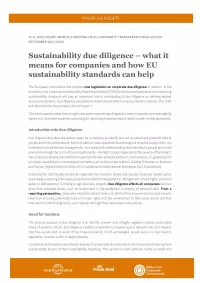
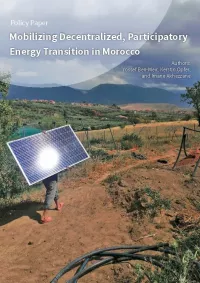
This policy brief analyzes Morocco’s governmental approaches to creating a decentralized management system, particularly as it may impact, and in turn be shaped by, community-based renewable energy and development. Decentralization is discussed in regard to how it may be built alongside the fulfillment of Morocco‘s Municipal Charter and its commitment to ensure the community planning of projects, as well as with an enhanced National Initiative for Human Development, the government’s flagship funding program for local sustainability. Recommendations are given as to how Morocco may accelerate community-managed RE by achieving decentralization assisted by effectively implementing existing national structures for the people’s development.
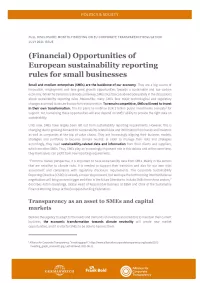
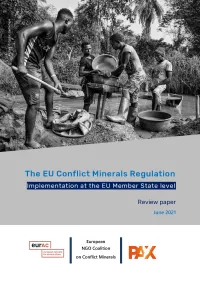
The European Conflict Minerals Regulation, also called the Regulation on Responsible Sourcing of Minerals, entered into full force on January 1st, 2021. By now, each EU Member State should have set up a Competent Authority and specified the rules of surveillance of implementation at national level. However, the implementation progress varies greatly from one country to another. The report offers a comparison of the implementation process across EU Member States, allowing to identify who the frontrunners are.
